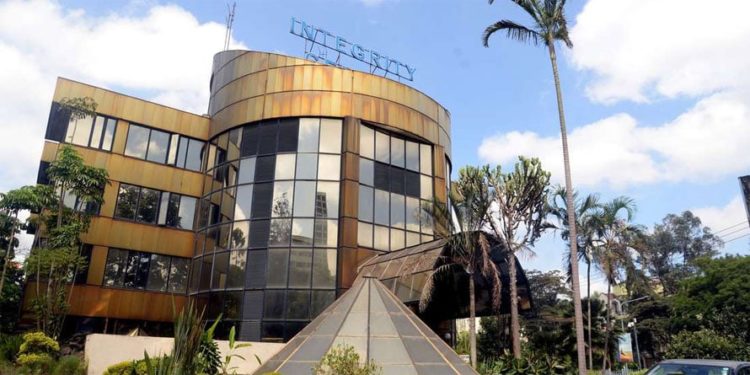The Ethics and Anti-Corruption Commission (EACC) is set to gain expanded authority to investigate financial records, including bank accounts, mobile money transactions, and call data records, under the proposed Anti-Corruption Laws (Amendment) Bill, 2025. This bill, introduced by Attorney General Dorcas Oduor, aims to strengthen the EACC’s ability to combat corruption and economic crimes by broadening its investigative powers.
Currently, the EACC can only search a suspect’s premises with a warrant to seize property or records that have not been voluntarily submitted. The proposed amendment will enhance this by allowing the commission to investigate financial documents such as bank statements, mobile money transactions, and call data records. The bill also enables the EACC to request critical documents like account opening forms, transaction records, and banker’s books to support investigations.
Additionally, the bill empowers the commission to seek a court order to freeze or block funds in specific accounts for up to thirty days, preventing the movement of assets related to corruption cases. This provision aims to reduce the risk of suspects transferring or hiding illicit funds during investigations.
One of the notable aspects of the bill is the enhanced powers granted to the Attorney General. Under the proposed law, the Attorney General can compel witnesses to appear before the EACC or police stations to provide information, with penalties for non-compliance. Those who fail to adhere to summons could face fines up to Ksh. 300,000, imprisonment for up to three years, or both.
The bill also introduces a new requirement for the Director of Public Prosecutions (DPP) to submit quarterly reports to Parliament, outlining the progress of investigations and outcomes. If the DPP decides not to prosecute a case, they will be required to provide a written explanation.
Currently, the bill is undergoing public participation, with Kenyans invited to submit their comments to the Office of the Attorney General by February 14, 2025. This proposed amendment marks a significant shift in the fight against corruption, offering the EACC more tools to investigate financial crimes effectively.


















